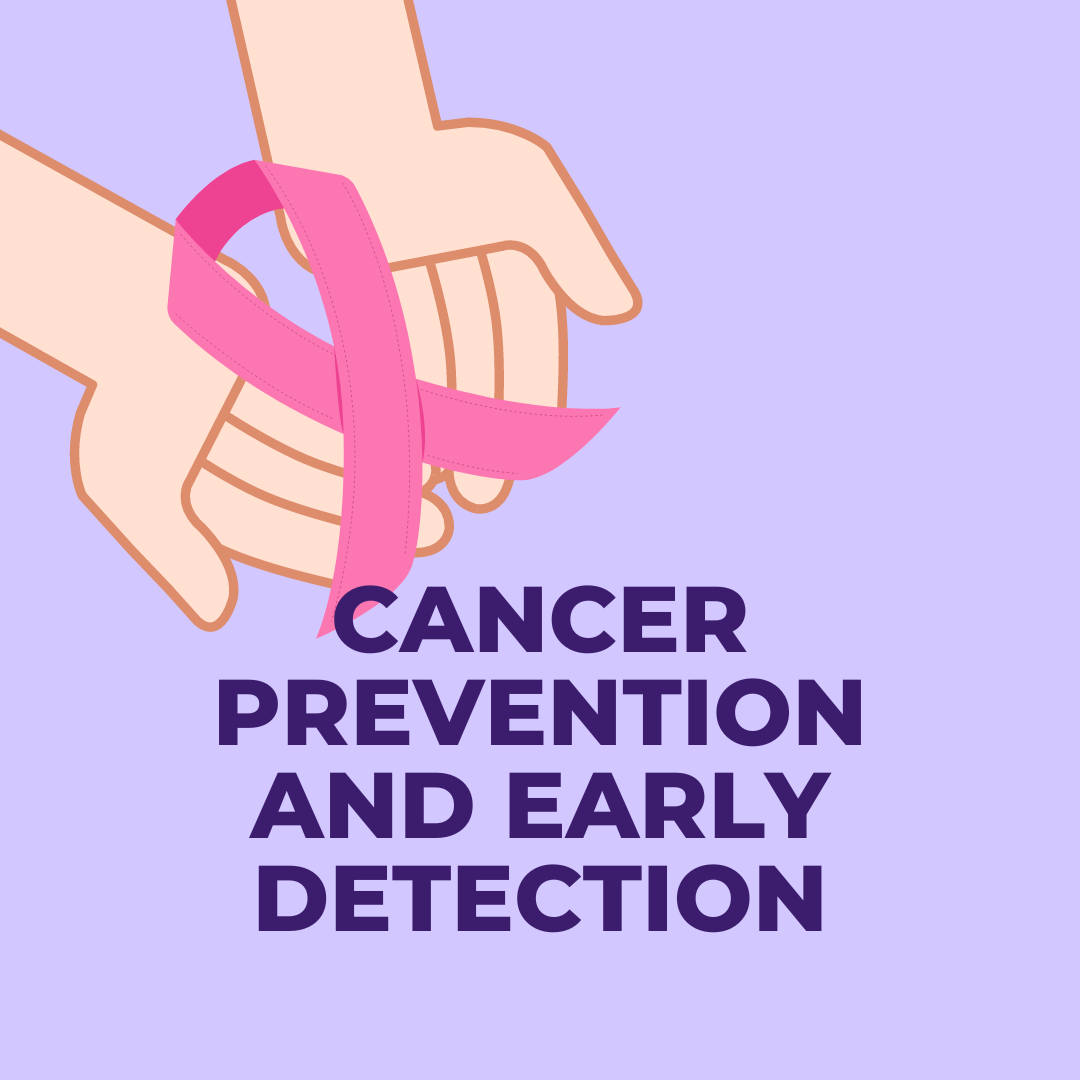
Cancer is a leading cause of death worldwide, but the good news is that many cancer cases can be prevented or detected early through regular cancer screening. By taking steps to reduce your risk of cancer and getting screened for cancers, you can improve your chances of living longer and reduce the likelihood of cancer-related death.
There are several ways that you can reduce your risk of cancer. Some of the most important steps you can take to prevent cancer include:
- Avoiding or quitting smoking – Smoking is the leading cause of cancer and can increase the risk of many types of cancer including stomach, bowel, liver, pancreas, uterine, cervix, ovary, urinary bladder, kidney and other cancers. Avoiding or quitting smoking can significantly reduce your risk of cancer.
- Maintaining a healthy diet and weight – A healthy diet that is high in fruits and vegetables, and low in processed and red meat can help reduce your risk of many types of cancer. Maintaining a healthy weight can also reduce your risk of cancer.
- Staying active – Regular exercise can help reduce your risk of many types of cancer, including breast and bowel cancers. The Cancer Council recommends that adults do 2.5 to 5 hours of moderate exercise or 75 minutes to 2.5 hours of vigorous exercise every week to reduce your risk of cancer.
- Protecting yourself from the sun – Exposure to the sun’s ultraviolet (UV) rays can increase the risk of skin cancer. To reduce your risk, it’s important to wear protective clothing and sunscreen, and to avoid the sun during peak hours (normally between 10am and 4pm). Here are five ways that you can protect yourself from skin cancer.
Early detection is also key to reducing your risk of cancer, and can help improve your chances of successful treatment. Steps you can take to help detect cancer early include:
- Know your body and monitor changes – Be aware of the signs and symptoms of cancer, such as lumps, changes in bowel or bladder habits, and unexplained weight loss. If you notice any unusual changes, whether they are sudden or developing slowly over time, you should speak to your doctor.
- Get screened for cancers – There are several cancer screening tests available that can help detect cancer early. You should consult your doctor about which cancer screening tests are available and appropriate for you. Some free cancer screening programs that are available for certain age groups nationally to detect different types of cancer include:
- The National Bowel Cancer Screening Program which invites people aged 50 to 74 years to screen for bowel cancer using a free test at home.
- The BreastScreen Australia Program which provides a free breast screen every two years for women aged over 40 years.
- The National Cervical Screening Program which invites women and people with a cervix aged 25 to 74 years to screen for cervical cancer every five years.
Cancer prevention and early detection are important tools in the fight against cancer. By taking steps to reduce your risk of cancer and getting screened for cancers regularly, you can improve your chances of living longer and reduce the likelihood of cancer-related death. Be proactive about your health and speak to your doctor about what steps you can take to reduce your risk of cancer.
References:
https://www.cancer.org.au/cancer-information/causes-and-prevention/sun-safety/preventing-skin-cancer
https://www.cancer.org.au/cancer-information/causes-and-prevention/diet-and-exercise
https://www.cancercouncil.com.au/cancer-prevention/smoking/quitting-smoking/



